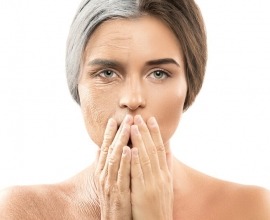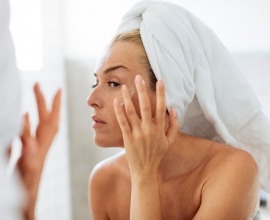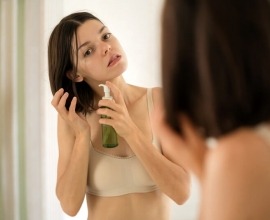Ray Ban - not the shades
Skin cancer is the most common cancer in the United States and the benefits of sunscreens outweigh potential risks from their ingredients. Studies conducted as part of international medical tourism have raised concerns about the contents of these sunscreens. It was discovered that some of the components of some sunscreens can be linked to birth defects and some could be carcinogenic when exposed to light. Research often done in international medical tourism has shown that people who rely on sunscreens alone tend to burn more than those who stay in the shade and wear long sleeves. To avoid sunburn stay in the shade when the sun is strongest (noon to afternoon) and dresses light. It is important to shake the container well to get a homogeneous mix. Apply sunscreen 15-30 mins before you go out. A good rule is 1 teaspoonful for every part of the body. Reapply every two hours and after swimming and shower after sweating. Avoid inhaling sprays and do not use on children. A chemical sunscreen with an SPF of 40 or higher will give you a better chance of getting at least an SPF 30. Using any sunscreen is better than using none. It is just one of the sun protection strategies.

Mineral Sunscreens
Just because a product contains mineral sunscreen ingredients does not guarantee that it is not harmful. Some of these mineral sunscreens containing zinc oxide and titanium oxide are popular. These minerals create a barrier on the skin blocking both UVA rays (those responsible for wrinkles and skin cancer) and UVB rays (those responsible for sunburn). Mineral sunscreens are effective the moment they are applied, unlike chemical sunscreens which require 30 mins after application to be effective.
Chemical Sunscreens work by absorbing UV rays, allowing UVA rays to penetrate into the deeper layer of the skin. They, however, have been found to accumulate in the body fat and breast milk and have been linked to such hormonal disruptions as early onset of puberty, low sperm count, breast cancer and allergic reactions. It was also found through international medical tourism that some chemical sunscreens oxidise under the sun causing potential free radical formation which could lead to premature ageing and skin cancer.

Organic Sunscreens
Organically produced ingredients are free from pesticides and other harmful chemicals making them a healthier and safer choice over conventionally produced ingredients. It is, however, important to remember that not all products containing organic ingredients are completely organic.
Environmental Working Group Skin Deep Sun-Screen Guide
Checking this guide annually will give you information on some mainstream brands ranked by health hazard, UV protection and stability. It is important to also note that there is more to sun protection than minerals and SPF number. There are two reasons why even mineral sunscreens can fail to protect against sun damage. If you plan to partake of more than incidental sun exposure you need a broad spectrum sunscreen. Broad spectrum refers to a product's ability to protect against both UVA and UVB rays. Choosing the right sunscreen for your skin
*Fair Skin - can stay up to 10 mins before burning *Olive Skin - can stay up to 15 mins before burning
*Dark Skin - can stay up to 20 mins before burning
Multiply the SPF by the number of minutes you can stay in the sun before burning and you get the amount of time you can stay in the sun before burning when you use a particular SPF.
Sources:
http://www.organicauthority.com/22-best-natural-sunscreens-2016














